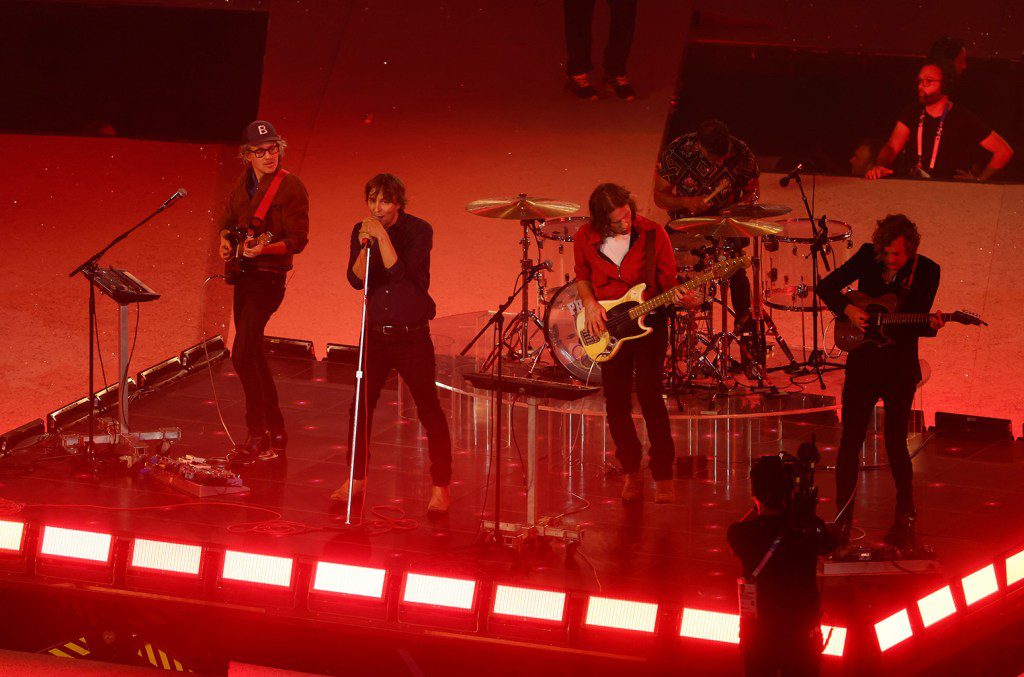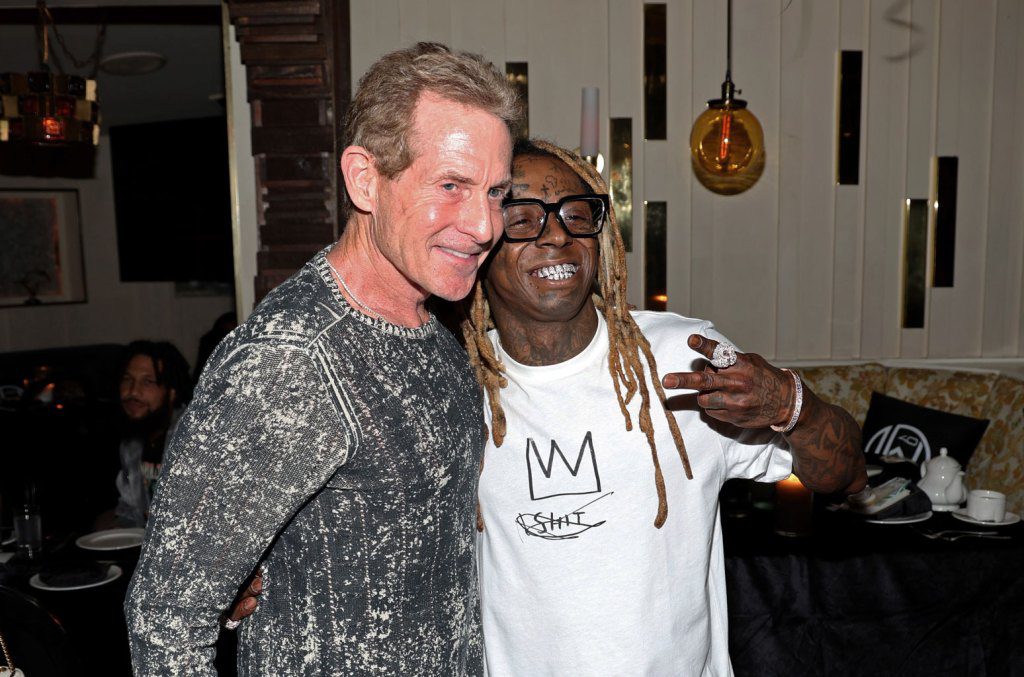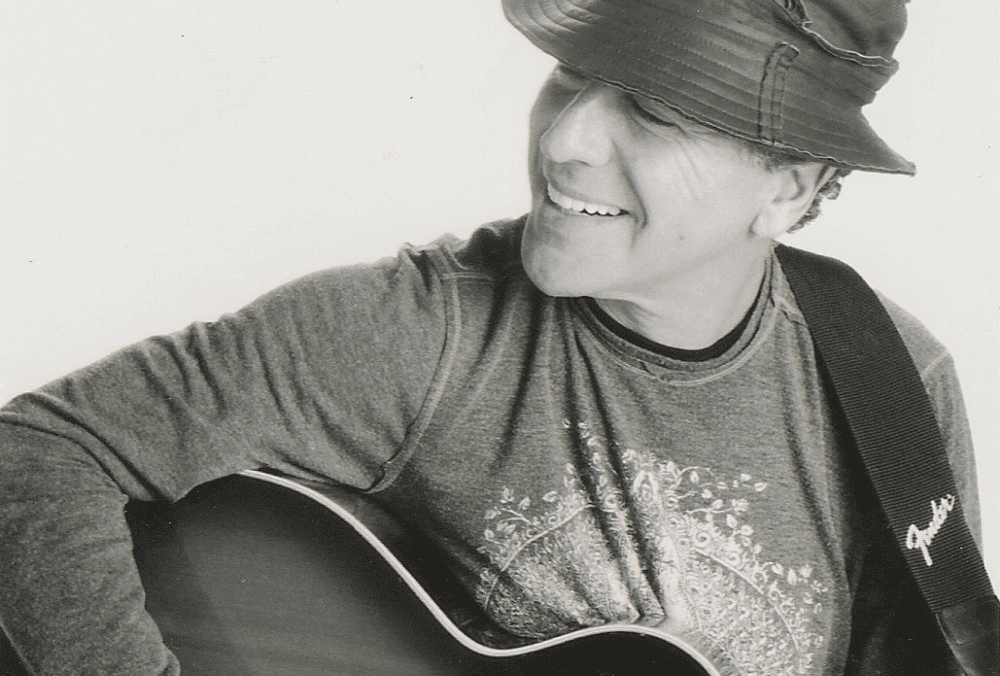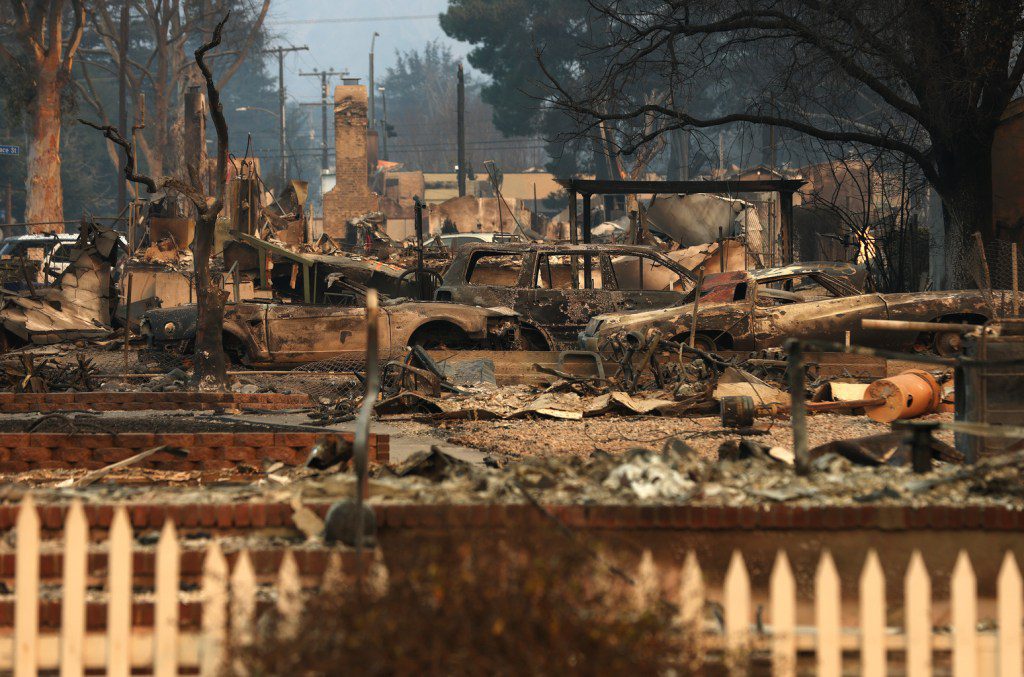Two Weeks of Planning & ‘Joyful Chaos’: Behind the Scenes of Paris Olympics Closing Ceremony With Phoenix
About halfway through the 2024 Paris Olympics Closing Ceremony on Sunday (Aug. 11) — after a parade of athletes triumphantly made their way into the Stade de France to mark the end of the 2024 Summer Olympics — the band Phoenix was huddled underground waiting for their cue.
“Usually, backstage areas can be sad places,” Phoenix’s Laurent Brancowitz, who plays guitar and keyboards, tells Billboard. “All you usually see is a security guard waiting for his shift to end and a guy handing out bottles of water. But this time it was beautiful. Looking out and seeing the light, the haze and people in costumes. We could see dancers jump just above our heads. It was an ant colony full of people who were really happy.”
The hordes of volunteers, performers and athletes convened to help bid Paris adieu to 19 days of the global spotlight. Along for the ride were a bevy of artists to help preview the 2028 Olympics Games in Los Angeles: H.E.R. sang the U.S. National Anthem from the stadium, while Billie Eilish, Red Hot Chili Peppers, Snoop Dogg and Dr. Dre all performed live on location from Long Beach, Calif.
Trending on Billboard
Those on hand representing France included the French singer Zaho de Sagazan and dancer Arthur Cadre, as well as Phoenix, one of the country’s most popular musical exports over the past two decades. (They originally formed in nearby Versailles in 1995.) But while it typically takes years of intricate planning for an Olympics to come together (plotting for Paris began back in 2017), Phoenix only had around two weeks to construct what amounted to a 20-minute set.
“We knew we were being considered and at some point we were actually first approached about appearing at the Opening Ceremony,” says frontman Thomas Mars of the initial planning, masterminded by creative director Thomas Jolly (who also plotted the July 26 Opening Ceremony). “We were telling them that whatever they needed, we’d love to participate,” says Mars. “The Olympics have that kind of pressure that’s right for music somehow.”
While the rain-soaked Opening Ceremony famously wound up featuring the likes of Lady Gaga and Celine Dion, Phoenix didn’t get word until late July that plans had shifted to feature the band prominently during the grand finale of the games. “We were thinking, ‘Is this a gift or are we going to make fools of ourselves?’” Mars muses of receiving just two weeks of advanced notice. “The only thing they told us is to put on a show for the athletes who are probably going to go wild.”
One of the first major decisions was to feature an array of fellow artists and friends to round out their set. “We reached out to a few people, and for some it didn’t work out because they were on tour,” says Mars. Eventually they successfully recruited Vampire Weekend’s Ezra Koenig, the French duo Air, Cambodian rapper VannDa and French-Belgian pop singer Angèle. In a full circle moment, they also invited the electro pop artist Kavinsky to perform his 2010 song “Nightcall,” a track Mars was initially asked to sing on before its release. “The producer of that song, Daft Punk’s Guy-Manuel de Homem-Christo, first reached out when he made it and asked me to hop on, but we have a rule that we don’t do music outside of Phoenix,” says Mars. “So when we reached out to Kavinsky, I was like ‘What part was I originally supposed to sing?’”
Phoenix’s set also featured an unscripted moment where hundreds of athletes stormed the stage in excitement, breaking LED screens and crowding the space along the way. “When we saw everybody, we understood something unplanned was happening,” recalls Brancowitz. “But it turned out to be the perfect situation for a live show. It was a very joyful kind of chaos.”
However, there was some anxiety. “In the back of my mind, the structural engineer in me was like, ‘Is this stage going to survive 800 muscular athletes jumping in sync on top of it?’ But the people organizing handled the situation and managed to clear the stage without creating any drama.”
Mars also couldn’t help himself, at one point jumping into the crowd and getting hoisted up. “I asked the producers if I could, and I figured they’d say no because of security, but they were totally game,” says Mars. “All of the American athletes were actually gathered in one section, so when we did ‘1901’ (the song that helped break the band in the States), the Americans were most pumped up. One guy actually handed me his gold medal and wanted me to put it on, but in a split second I thought wearing it would be wrong. The heroes are the athletes, but it was a beautiful exchange.” Along the way, Mars raised a finger in the air as a tribute to Philippe Zdar, the French producer who worked on “1901” and passed away in 2019.
After Phoenix (and Tom Cruise’s much talked-about stunt jump from the top of the stadium), the focus shifted to Los Angeles in a segment produced by producer Ben Winston’s Fulwell 73, the outfit known for their recent work on the Grammy Awards. Production began on Long Beach’s Belmont Shore last week, when a bevy of trucks and hundreds of staff moved in. It was so secretive that many of the staffers weren’t even informed what they were working on beforehand. The Los Angeles portion kicked off at around 2 p.m. PT, featuring some of the city’s biggest musical acts, including Billie Eilish, who sang her latest “Birds of a Feather” accompanied by brother Finneas.
When the action cut back to Paris, the grand finale came in the form of French singer Yseult crooning an emotional version of Frank Sinatra’s 1969 hit “My Way.” It was a spirited choice considering the song has French origins; composed by Jacques Revaux, it was originally titled “Comme d’habitude” before Paul Anka concocted its now-iconic English lyrics custom-written to Sinatra’s then-retirement.
“I was confidentially told a few weeks ago that they just might be featuring ‘My Way’ as part of the show,” Anka tells Billboard of a call that came from organizers to give its writer a heads up. “The song has had all kinds of lives and it means a lot to France. I thought, ‘Wow! If they pull it off, that’d be pretty cool.” In the intervening time, it was radio silence until he was watching at home like everybody else. “I respected the take on it and I thought it was amazingly orchestrated, and by the end I thought it really kicked ass,” says Anka. “I also love how they chose a female performer because you usually hear men singing it. But with what the Olympics mean and what those athletes go through, to end the games with ‘My Way’ was one of the great moments I’ve ever had with that song, let alone in my career.”
When all was said and done and the audience departed, the performers couldn’t help but stick around and soak in the moment. “We had the stadium to ourselves,” says Phoenix’s Mars. “Everybody involved in creating the show just wandered around and stayed until really late.” In fact, Mars compares their Olympic turn to their 2009 star-making Saturday Night Live debut, which they said was the most consequential performance of their career. That is, until last night.
“People ask what’s next, and the only other thing would be to perform on SNL’s 50th anniversary special, if the powers-that-be are listening,” says Mars with a wink of the show’s upcoming anniversary special in February. “But really, performing at the Olympics was like when you have a kid. You come back and you can’t sleep, you’re just so excited. That’s how good it was. It compares with having a kid.”





